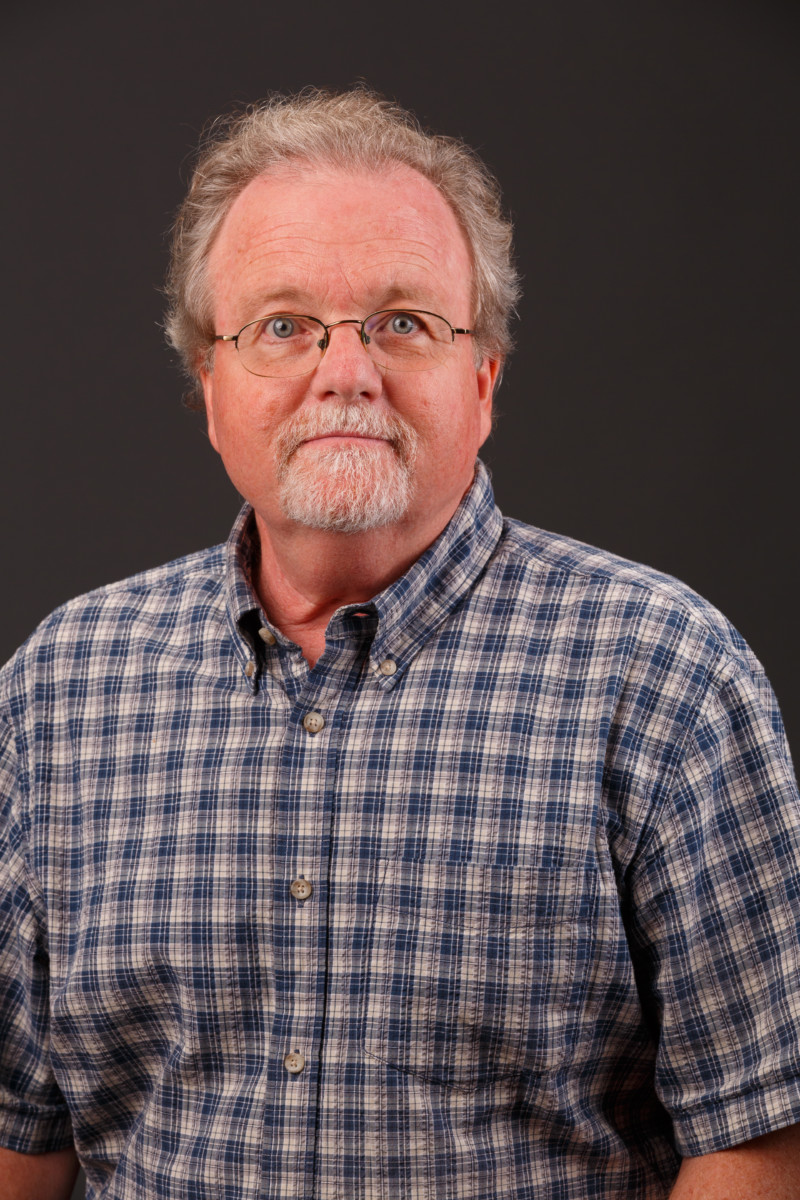James C. Kennedy and Caroline J. Simon, of the history and philosophy departments at Hope College, have written a remarkably candid and insightful book about the religious identity of their college, Can Hope Endure? A Historical Case Study in Christian Higher Education.  They use this “local” history as a case study to illuminate much broader issues that affect faculty, students, and administrators at church-related colleges all over the map. In particular, they pose the question whether such colleges can simultaneously maintain and enhance both their academic credibility and their religious roots. Many have supposed that they must succumb either to sectarian isolation from the academic mainstream or secularized absorption into it. Kennedy and Simon suggest that Hope College may have found a path between those two extremes; but they modestly defer judgment on whether Hope’s path is the only such path, or whether its future viability is guaranteed.
They use this “local” history as a case study to illuminate much broader issues that affect faculty, students, and administrators at church-related colleges all over the map. In particular, they pose the question whether such colleges can simultaneously maintain and enhance both their academic credibility and their religious roots. Many have supposed that they must succumb either to sectarian isolation from the academic mainstream or secularized absorption into it. Kennedy and Simon suggest that Hope College may have found a path between those two extremes; but they modestly defer judgment on whether Hope’s path is the only such path, or whether its future viability is guaranteed.
The book supplies something missing in the recent spate of books on the subject of Christianity and higher education: a detailed focus on the vicissitudes of a single institution, which is informed by the broader historical context sketched out by George Marsden’s The Soul of the American University: From Protestant Establishment to Established Unbelief (1994), James Tunstead Burtchaell’s The Dying of the Light: The Disengagement of Colleges and Universities from their Christian Churches (1998), and Jon H. Roberts and James Turner’s The Sacred and the Secular University (2000). These titles suggest the powerful forces of secularization in American higher education; Burtchaell in particular sees the process as both inexorable and tragic. But Kennedy and Simon note that Hope over the past half-century has seen the pendulum swing in both directions, while repeatedly returning to a center of balance that is neither secular nor sectarian.
As they see it, one key to Hope’s balance is the “comprehensively ecumenical” faculty hiring policy adopted around 1980, according to which virtually all candidates would be expected to demonstrate “mature understanding of and commitment to the Christian faith.” While itself a source of continuing controversy at the college, the policy in their view also served to prevent the dynamic of pluralism from leaching out the college’s religious identity. It sought to create a faculty that is denominationally and theologically diverse while cohesive in its commitment to that identity. That cohesiveness was tested during a religious crisis in the late 1990s, when a controversial Dean of the Chapel tried to use a successful chapel program to move the college in a more sectarian direction. In resisting and ultimately rejecting that attempt, Hope also appeared to deepen, not to question, its commitment to its identity.
The authors’ skills must have been sorely tested in writing so dispassionately about a controversy in which they were no doubt passionate participants. Indeed, the book is remarkable for its combination of candor, clarity, and charity. Faculty and administrators at other church-related colleges, perhaps particularly those within the Reformed ambit, will certainly find much here to enrich and advance their understanding of the challenges and possibilities of higher education in the ecumenical Christian tradition.

